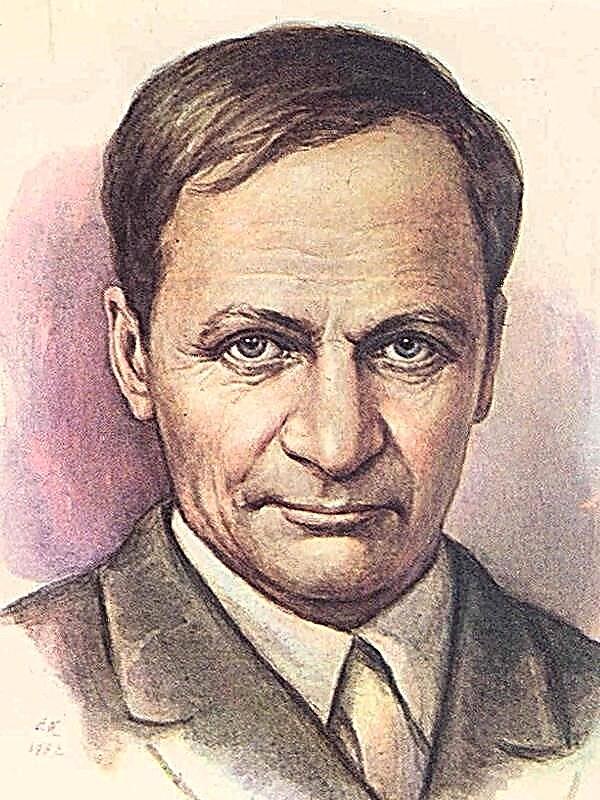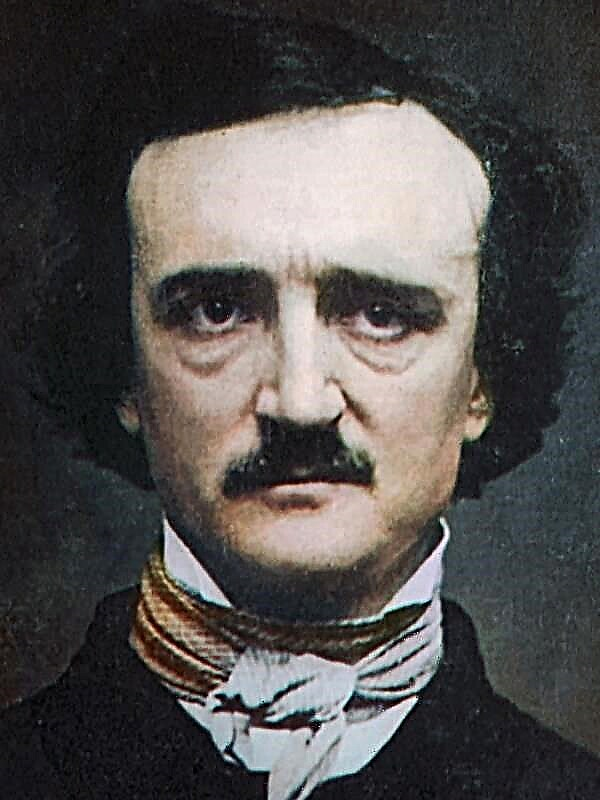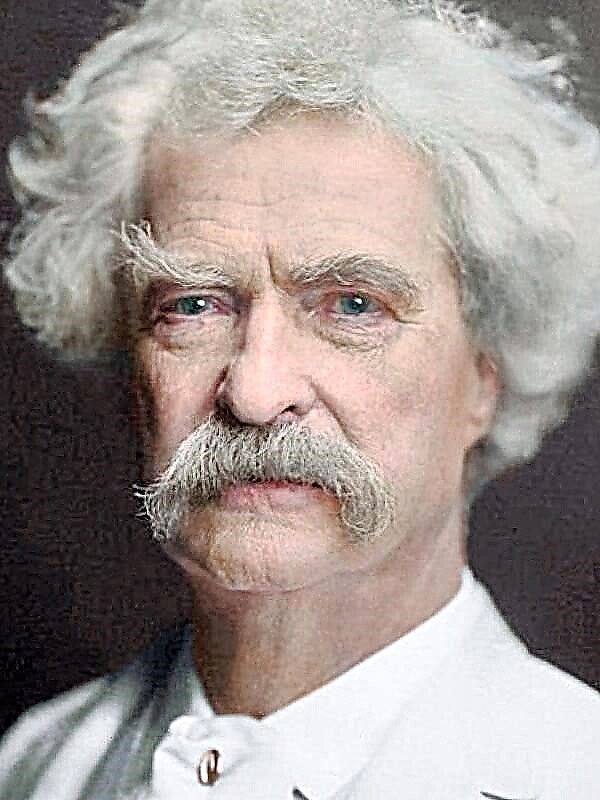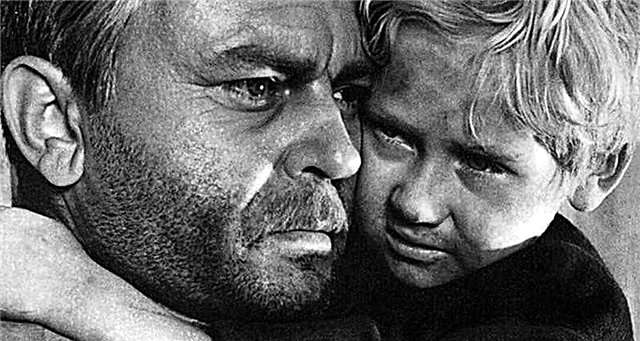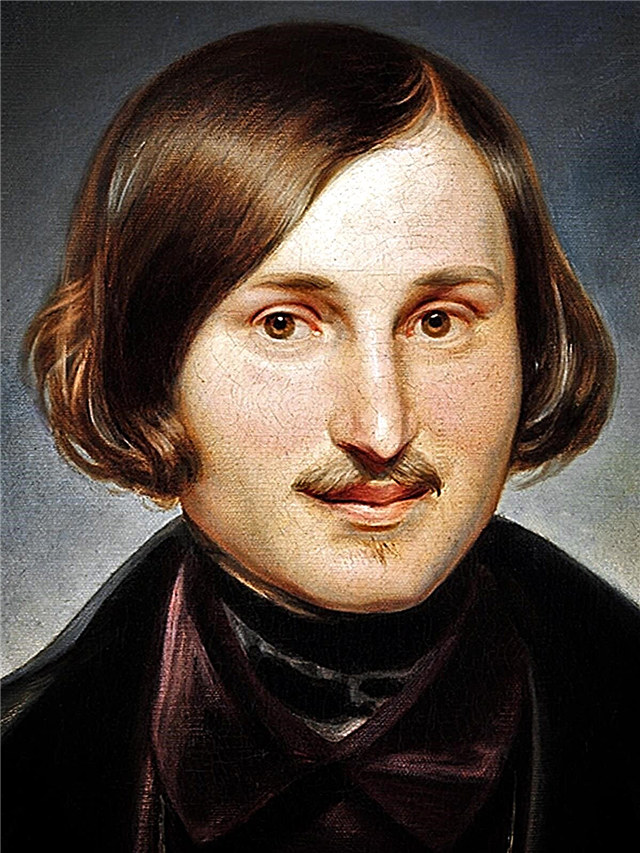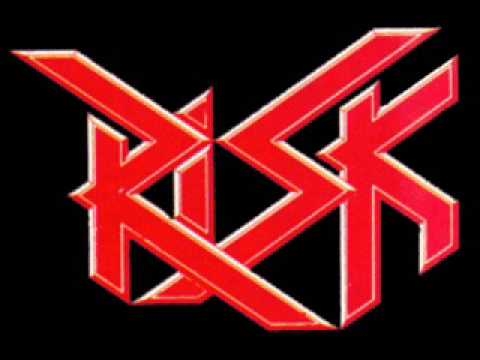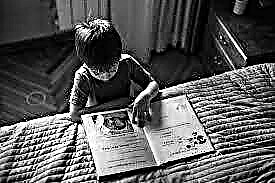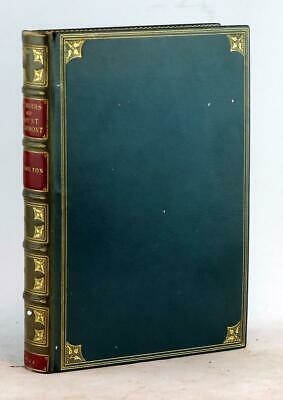The life of Anna Akhmatova is no less interesting and eventful than her work. The woman survived the revolution, civil war, political persecution and repression. She stood at the origins of modernism in Russia, becoming the representative of the innovative trend of “acmeism”. That is why the story of this poetess is so important for understanding her poems.
Origin and formation
The future poetess was born in Odessa in 1889. The real name of Anna Andreevna is Gorenko, and only later, after her first marriage, she changed her. The mother of Anna Akhmatova, Inna Stogova, was a hereditary noblewoman and had a great fortune. It was from her mother that Anna inherited a masterful and strong character. Akhmatova received her first education at the Mariinsky Gymnasium in Tsarskoye Selo. Then the future poetess studied at the Kiev gymnasium and graduated from Kiev higher education courses.
Akhmatova’s parents were intelligent people, but not without prejudice. It is known that the poet’s father forbade her to sign verses with her last name. He believed that her hobby would bring disgrace to their race. The gap between the generations was very noticeable, because new trends came to Russia from abroad, where the era of reformation began in art, culture, interpersonal relations. Therefore, Anna believed that writing poetry is normal, and the Akhmatova family categorically did not accept her daughter's occupation.
History of success
Anna Akhmatova lived a long and hard life, went through a thorny career. Many relatives and friends surrounding her became victims of the Soviet regime, and the poetess herself certainly suffered because of this. At various times, her works were banned for publication, which could not but affect the state of the author. The years of her work fell on the period when the division of poets into several currents occurred. She approached the direction of "acmeism" (more about direction) The peculiarity of this trend was that the poetic world of Akhmatova was simple and clear, without the abstract and abstract images-symbols inherent in symbolism. She did not saturate her verses with philosophy and mysticism; there was no place for pomp and zaumi in them. Thanks to this, readers who were tired of puzzling over the content of poems understood and loved it. She wrote about feelings, events and people in a feminine way, softly and emotionally, openly and weightily.
The fate of Akhmatova brought her to the circle of acmeists, where she met her first husband, N. S. Gumilyov. He was the founder of a new trend, a noble and authoritative man. His work inspired the poetess to create acmeism in the female dialect. It was in the framework of the St. Petersburg circle of “Evenings of Sluchevsky” that her debuts took place, and the audience, coolly reacted to Gumilyov’s work, enthusiastically accepted his lady of the heart. She was “spontaneously talented,” as critics of those years wrote.
Anna Andreevna was a member of the “Workshop of poets”, N.'s poetry workshop. There she met the most famous representatives of the literary elite and became a part of it.
Creation
In the work of Anna Akhmatova, two periods can be distinguished, the border between which became the Great Patriotic War. So, in a love poem “Unprecedented Autumn” (1913), she writes about peace and about the tenderness of a meeting with a loved one. This work reflects the milestone of calm and wisdom in the poetry of Akhmatova. In the years 1935-1940. she worked on a poem consisting of 14 poems - Requiem. This cycle was a kind of reaction of the poetess to family upheaval - leaving her husband and beloved son from home. Already in the second half of creativity, at the beginning of the Great Patriotic War, such strong civil poems as “Courage” and “Oath” were written. The peculiarities of Akhmatov’s lyricism are that the poetess tells a story in her poems, you can always notice a certain narrative in them.
Themes and motives of Akhmatova’s lyrics also vary. Starting a career, the author talks about love, the theme of poet and poetry, recognition in society, interpersonal relationships between genders and generations. She subtly feels the nature and the world of things, in her descriptions each object or phenomenon takes on individual characteristics. Later Anna Andreevna faced unprecedented difficulties: the revolution was sweeping away everything in its path. In her poems, new images appear: time, revolution, new power, war. She parted with her husband, later he was sentenced to death, and their common son all his life wandering in prisons because of his origin. Then the author begins to write about maternal and female grief. In anticipation of the Great Patriotic War, Akhmatova’s poetry acquires citizenship and patriotic intensity.
The lyrical heroine herself does not change over the years. Of course, grief and loss left scars on her soul; over time, a woman writes even more piercingly and harshly. The first feelings and impressions give way to mature thoughts about the fate of the fatherland in difficult times for him.
First poems
Like many great poets, Anna Akhmatova wrote her first poem at age 11. Over time, the poetess has developed her own unique poetic style. One of the most famous Akhmatian details appearing in the poem “Song of the last meeting” is the right and left hand and the confused glove. Akhmatova wrote this poem in 1911, at the age of 22 years. In this poem, the work of details is clearly visible.
Akhmatova's early lyrics are part of the gold fund of Russian classics dedicated to the relationship between a man and a woman. It is especially valuable that the reader finally saw a feminine look at love, until the end of the 19th century there were no poetesses in Russia. For the first time, conflicts of female calling and her social role in the family and marriage are raised.
Poetry collections and cycles
In 1912, the first collection of poems by Akhmatova “The Evening” was published. Almost all the verses included in this collection were written by the author at the age of twenty. Then the books “Rosary”, “White Flock”, “Plantain”, “ANNO DOMINI” are published, each of which has a certain general orientation, main theme and compositional connection. After the events of 1917, she can no longer publish her works so freely, the revolution and civil war lead to the formation of the dictatorship of the proletariat, where the hereditary noblewoman is attacked by critics and completely oblivious in the press. The latest books, Reed and Seventh Book, were not printed separately.
Akhmatova’s books are not published until perestroika. This was largely due to the poem Requiem, which was leaked to foreign media and was published abroad. The poetess hung in the balance from arrest, and she was saved only by the admission that she did not know anything about the publication of the work. Of course, her poems after this scandal for a long time could not be published.
Personal life
A family
Anna Akhmatova was married three times. Married to Nikolai Gumilyov, the first husband, she gave birth to her only child - Leo. Together, the couple made two trips to Paris, and also traveled to Italy. Relations with the first husband were not easy, and the couple decided to leave. However, despite this, after parting, when N. Gumilyov went to war, Akhmatova dedicated several lines to him in her poems. A spiritual connection continued between them.
Akhmatova’s son was often separated from her mother. As a child, he lived with his paternal grandmother, his mother saw very rarely, and in the conflict between his parents firmly took his father's position. He did not respect his mother, he spoke abruptly and abruptly to her. In adulthood, due to his origin, he was considered an unreliable citizen in a new country. He received 4 prison sentences and was always not deservedly. Therefore, his relationship with his mother could not be called close. In addition, she remarried, and her son was hard on this change.
Other novels
Akhmatova was also married to Vladimir Shileiko and Nikolai Punin. Anna Akhmatova has been married to V. Shileiko for 5 years, but they continued to communicate in letters until the death of Vladimir.
The third husband, Nikolai Punin, was a representative of the reactionary intelligentsia, in connection with which he was arrested several times. Thanks to the efforts of Akhmatova, Punin was released after the second arrest. A few years later, Nikolai and Anna broke up.
Characteristics of Akhmatova
During her lifetime, Akhmatova was called the "Ladies' decadent poetess." That is, her lyrics were characterized by extreme individualism. Speaking of personal qualities, it is worth saying that Anna Andreevna had caustic, non-female humor. For example, when meeting with Tsvetaeva, a fan of her work, she very coldly and gallingly talked with the impressionable Marina Ivanovna, which offended the interlocutor very much. Anna Andreyevna also found difficulty in understanding with men, and her relationship with her son did not work out either. Another woman was very suspicious, everywhere she saw a catch. It seemed to her that her daughter-in-law was a sent agent of the authorities, who was called upon to monitor her.
Despite the fact that the years of life of Akhmatova fell on such terrible events as the Revolution of 1917, the First and Second World Wars, she did not leave her homeland. Only during the Great Patriotic War was the poetess evacuated in Tashkent. Akhmatova was negative and angry about emigration. She clearly demonstrated her civic position, declaring that she would never live and work abroad. The poetess believed that her place is where her people are. She expressed her love for the Motherland in poems, which were included in the collection "White Pack". Thus, the personality of Akhmatova was multifaceted and rich in both good and dubious qualities.
Interesting Facts
- Anna Andreevna did not sign her poems with her maiden name Gorenko, as her father forbade her. He was afraid that his daughter's freedom-loving writings would draw the wrath of the authorities on the family. That is why she took the name of her great-grandmother.
- It is also interesting that Akhmatova professionally studied the works of Shakespeare and Dante and always admired their talents, translating foreign literature. It was they who became her only income in the USSR.
- In 1946, party critic Zhdanov made a sharp criticism of Akhmatova’s work at the writers' congress. The peculiarities of the author’s lyrics were designated as “poetry of the enraged lady, rushing between the boudoir and the prayer”.
- Mother and son did not understand each other. Anna Andreyevna herself repented that she was a "bad mother." Her only son spent all her childhood with her grandmother, and her mother saw only occasionally, because she did not spoil him with her attention. She did not want to be distracted from creativity and hated life. An interesting life in the capital completely captivated it.
- It must be remembered that N. Gumilyov starved the lady of the heart, because because of her numerous refusals, she attempted suicide and actually forced her to agree to go down the aisle with him. But after marriage, it turned out that the couple did not fit together. Both husband and wife began to change, be jealous and quarrel, forgetting about all the vows. Their relationship was full of mutual reproaches and resentment.
- Akhmatova’s son hated the work “Requiem”, since he believed that he, who had survived all the trials, should not receive funeral strings from his mother.
- Akhmatova died alone, five years before her death, she broke all ties with her son and his family.
Life in the USSR
In 1946, a resolution of the All-Union Communist Party (Bolsheviks) on the magazines Zvezda and Leningrad was issued. This decision, first of all, was directed against Mikhail Zoshchenko and Anna Akhmatova. She could no longer print, and it was dangerous to communicate with her. Even his own son blamed the poetess in his arrests.
Akhmatova earned translations and occasional side jobs in magazines. In the USSR, her work was recognized as “far from the people,” and, therefore, unnecessary. But around her literary figure new talents gathered, the doors of her house were open for them. For example, it is known about her close friendship with I. Brodsky, who warmly and gratefully recalled their communication in exile.
Death
Anna Akhmatova died in 1966 in a sanatorium near Moscow. The cause of the death of the poetess is serious heart problems. She lived a long life, in which, however, there was no place for a strong family. She left this world alone, and after her death, the inheritance left to her son was sold to the state. He, the deportee, was not supposed under Soviet law.
From her notes it turned out that during her life she was a deeply unhappy, persecuted person. To make sure that no one reads her manuscripts, she left a hair in them, which she always found shifted. The repressive regime was slowly and surely driving her crazy.
Places of Anna Akhmatova
Akhmatova was buried near St. Petersburg. Then, in 1966, the Soviet authorities were afraid of the growth of the dissident movement, and the body of the poetess was quickly transported from Moscow to Leningrad. At the grave of mother L.N. Gumilyov erected a stone wall, which became a symbol of the inextricable connection of his son and mother, especially during the period of L. Gumilyov’s imprisonment. Despite the fact that the wall of misunderstanding separated them all their lives, the son repented that he had contributed to her erection, and buried her with her mother.
Museums of A. A. Akhmatova:
- St. Petersburg. Anna Akhmatova’s memorial apartment is located in the Fountain House, in the apartment of her third husband, Nikolai Punin, where she lived for almost 30 years.
- Moscow. In the house of the antique book “In Nikitsky”, where the poet often stayed when coming to Moscow, a museum dedicated to Anna Akhmatova was recently opened. It was here that she, for example, wrote "A Poem Without a Hero."

 St. John's wort
St. John's wort